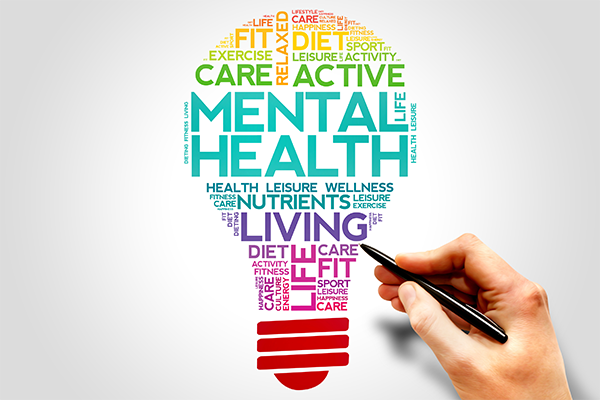
Introduction
Mental health is a fundamental component of our overall well-being, and it requires just as much attention and care as our physical health. While mental health issues affect millions of people worldwide, there are proactive steps you can take to maintain and improve your mental well-being. In this blog, we will explore ten essential tips that can help you foster good mental health, reduce stress, and enhance your quality of life.
Prioritize Self-Care
Self-care is a crucial aspect of maintaining good mental health. It involves setting aside time for activities that nourish your mind, body, and soul. These activities can vary from person to person but may include practicing mindfulness, taking a bubble bath, reading a book, or simply relaxing in a peaceful setting. Self-care helps you recharge and reduces stress.
Stay Physically Active
Physical and mental health are deeply interconnected. Regular exercise is known to release endorphins, which are natural mood lifters. Incorporating physical activity into your daily routine, whether through workouts, yoga, or even a leisurely walk, can have a significant positive impact on your mental well-being.
Maintain a Balanced Diet
What you eat can directly affect your mental health. A balanced diet rich in nutrients, including fruits, vegetables, whole grains, lean proteins, and healthy fats, provides your brain with the essential nutrients it needs to function optimally. Avoid excessive consumption of sugary, processed foods, and alcohol, which can negatively impact your mood.
Get Sufficient Sleep
Adequate sleep is vital for mental health. A consistent sleep schedule and quality rest help regulate your mood and stress levels. Aim for 7-9 hours of sleep per night to ensure your brain and body have the opportunity to rejuvenate.
Build and Maintain Social Connections
Human beings are inherently social creatures. Cultivating and maintaining meaningful relationships with friends and family can provide emotional support, reduce feelings of isolation, and boost your mental well-being. Regularly engaging in social activities can help you stay connected with your loved ones.
Practice Mindfulness and Meditation
Mindfulness and meditation techniques can be invaluable tools for managing stress and improving mental health. These practices encourage you to focus on the present moment, reduce racing thoughts, and promote relaxation. You can start with short daily sessions and gradually increase their duration.
Manage Stress
Stress is a common factor that affects mental health. To manage stress effectively, you can try stress-reduction techniques like deep breathing, progressive muscle relaxation, or engaging in creative outlets. It’s also essential to recognize your stressors and develop strategies to address them.
Set Realistic Goals
Setting and achieving realistic goals can give you a sense of purpose and accomplishment, which contributes to better mental health. Break down larger goals into smaller, manageable steps, and celebrate your progress along the way. Be kind to yourself and avoid setting overly high or unattainable standards.
Seek Professional Help When Needed
It’s essential to understand that seeking help from mental health professionals is a sign of strength, not weakness. If you’re struggling with mental health issues, don’t hesitate to reach out to a therapist, counselor, or psychiatrist. They can provide guidance, support, and tailored treatment to help you manage your mental health effectively.
Practice Gratitude
Gratitude is a powerful mental health tool. Regularly taking time to acknowledge and appreciate the positive aspects of your life can improve your overall mood and mindset. Consider keeping a gratitude journal, where you jot down the things you’re grateful for each day.
Conclusion
Taking care of your mental health is an ongoing journey that requires attention and effort. By incorporating these ten essential tips into your daily life, you can create a strong foundation for maintaining good mental health. Prioritize self-care, stay physically active, maintain a balanced diet, get sufficient sleep, build and maintain social connections, practice mindfulness and meditation, manage stress, set realistic goals, seek professional help when needed, and practice gratitude. These steps can empower you to lead a more fulfilling and emotionally resilient life. Remember that your mental health is a valuable asset, and taking care of it is an essential part of your overall well-being.